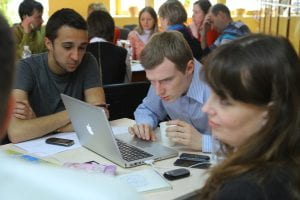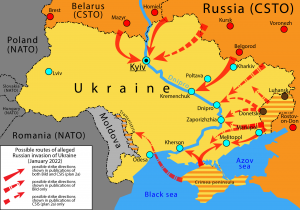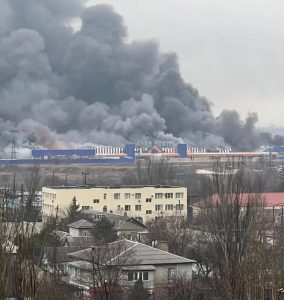by Yana Simutina, Visiting Professor, University of Bristol Law School

The digitalisaton and emergence of the gig economy has led to significant changes in employment and labour relations around the world. As businesses seek more flexible and cost-effective solutions for hiring workers, policymakers are considering adapting the regulatory framework to the challenges of new forms work. Ukraine, a country undergoing economic and social transformation, has experienced growth in the digital sector over the last decade (especially before the full-scale Russian invasion). Against this background, a new legal framework for IT companies is called Diia.City was launched in 2021 by adopting the Law on Stimulating the Development of the Digital Economy in Ukraine (LSDDE). The LSDDE introduced new legal concepts such as the ‘gig contract’, which is not legally defined or applied in other jurisdictions or EU law. In any case, the use of the term ‘gig’ is associated with digital platforms and fragmented activities carried out outside the framework of traditional forms of employment, with irregular or additional income without labour protection. Given that the ‘gig contract’ category has a rather negative connotation from a labour law perspective, several questions arise. First, what are the potential benefits and challenges of this employment model? Secondly, in a broader context, are gig contracts a sustainable solution to the challenges of employment relations in the digital economy, or do they further blur the boundaries between civil and labour law? (more…)



